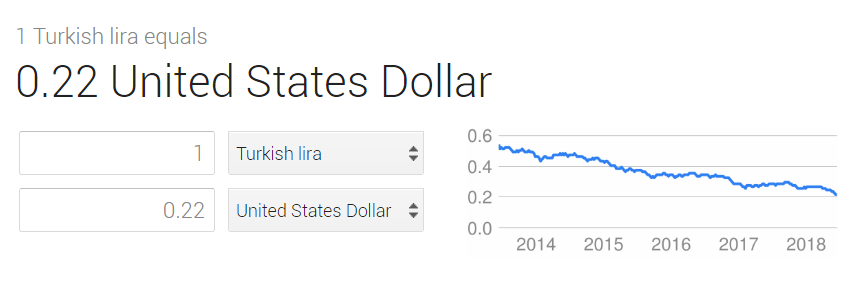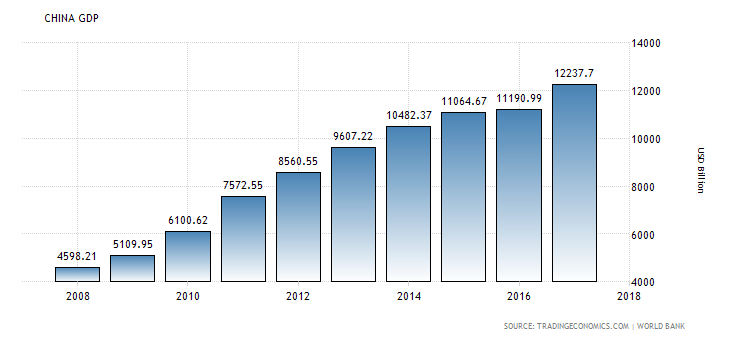Turkey’s currency: Rate hikes for the Lira
- Soham Mukherjee
- Jun 9, 2018
- 3 min read

1. Overview: the Economy of Turkey
After a few years of recession, this Europe country has experienced a positive recovery in the year 2017, which reached the growth of 7.4 percent compared to the previous year. Total consumption accounted for more than two-thirds of growth in this period. However, the significant demand caused in high consumer price inflation (11 percent in 2017).

In the nearest statistics, the economy of Turkey in 2018 is experiencing a raising number in various aspects, which has led to an increasing fiscal data.

2. Turkey’s currency: Lira
Name: Lira
Symbol: TL
ISO 4217: TRY
The lira is divided by 100 kurus. Most of the paper money and coins have the image of Mr. Mustafa Kemal Atatuk in various points of his life from the 30s of the nineteenth century. He was a Turkish army officer, revolutionary, and founder of the Republic of Turkey, serving as its first President from 1923 until his ending life at the year 1938.

The value of Lira has been decreased in the past few years compared with the US dollar. It is the result of changes in the economy of Turkey, which will be discussed in the following parts of this report.

3. Rate Hikes for the Lira
U.S. Market Overview:
The US dollar continued to positively affect the market, with the Dollar Index ramping up by 2.55 percent to trade at its highest levels since November. While many foresee a breakdown from the current levels; the outlook for the dollar remains strong for the initial weeks of June, after which some changes may occur.
At the last Fed meeting in May, they maintained rates at 1.75 per cent. they will resume their rate hiking cycle when they next convene to announce rates on June 13. While it is a near certainty they will increase from 1.75 percent to 2 per cent this month, it is heavily dependent on the upcoming economic projections.
This year the Lira is diminishing in value with a double digit inflation and political influence in the central bank. At the end of a volatile week for defeated Turkish lira, President Recep Tayyip Erdogan has called on Turks to convert foreign currency savings into the country's currency. The lira has fallen approximately 15 percent hitting a low of 4.93 in comparison to the US dollar before raising the rates to stabilize the currency. Erdogan has been struggling to stop the currency crisis as the parliamentary elections are coming up on June 24. The economic growth rate of Turkey is anticipated to decline as analyzed by economists.
Looking at Turkey’s current economic state, Charles Robertson, chief global economist at Renaissance Capital, mentions that the big movements in the lira is due to "a massive build-up of private sector debt in Turkey over the last 10-15 years." The central bank is the primary concerning component because Turkey heavily depends on foreign capital to fund the current account deficit in the economy.

Over the years, there has been a growing concern that the Turkish assets will lose attention from investors and slow down lending along with growth. Investors have been buying into Turkey under the assumption it would grow five percent forever and the risk is it's going to slump into recession.
4. A future vision
Even though the county is facing some threats, which resulted in the decreasing value of the Lira in the past few months, this currency is expected to come back to the race because of the developing of the current economy.
However, the government needs to build urgent strategies to decrease the inflation rate, which is directly lowering the value of the currency in the foreign exchange.
Overall, this currency is going in the right path, and partly reflects the recovering economy of this country. Let us see how it will change in the near future!
Works cited







Comments